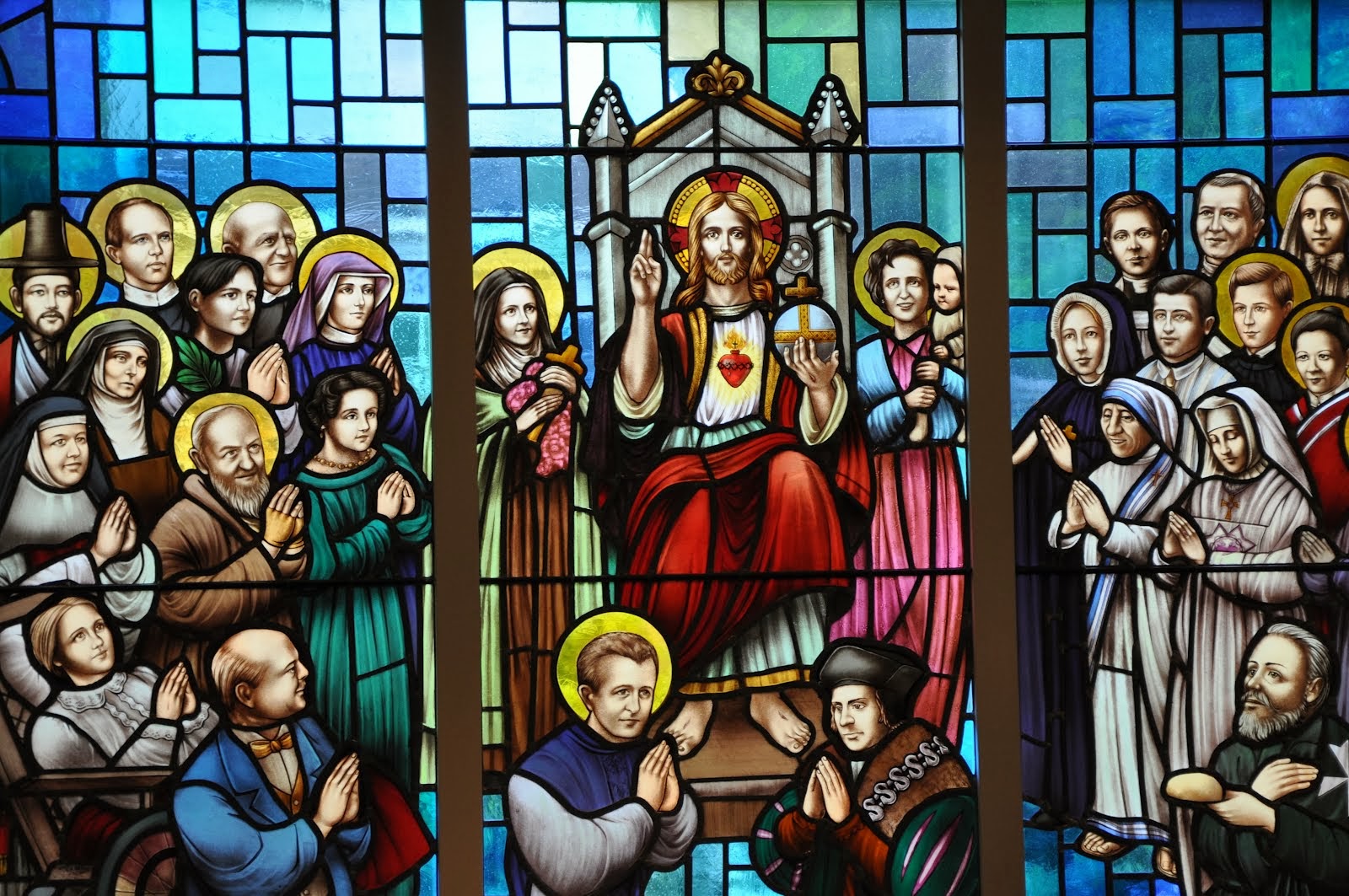
“True repentance is to cease to sin.” St. Ambrose of Milan (4th century, Doctor of the Church)
“Much time I had spent in vanity, and had wasted nearly all my youth acquiring the sort of wisdom made foolish by God. Then once, like a man roused from deep sleep, I turned my eyes to the marvelous light of the truth of the Gospel, and I perceived the uselessness of ‘the wisdom of the princes of this world, that come to naught.’ I wept many tears over my miserable life, and I prayed that I might receive guidance to admit me to the doctrines of true religion.” St. Basil the Great (4th century, Doctor of the Church)
“Show your wound to the Physician so that He may heal it. Though you refuse to expose it to His gaze, Christ still knows it: He is waiting to hear your voice. Wash away the scars of your sins by your tears. That is what the woman in the Gospel did. She wiped away the decaying smell of her sin: she washed away her faults when she washed the feet of Jesus with her tears.” St. Augustine of Hippo (4th-5th centuries, Doctor of the Church)
“Don’t claim your conversion as your own doing. Unless He had called you when you were running away from Him, you would not have been able to turn back.” St. Augustine of Hippo
“God’s mercy is always available; it simply awaits the hour of our conversion.” St. Odo of Cluny (9th-10th centuries)
“If you want to know the full truth about yourself, you will have to get rid of the beam of pride which blocks out the light from your eye, and then set up in your heart a ladder of humility so that you can search into yourself…When in the light of truth people know themselves and so think less of themselves, it will certainly follow that what they loved before will now become bitter to them. They are brought face to face with themselves and blush at what they see. Their present state is no pleasure to them. They aspire to something better and at the same time realize how little they can rely on themselves to achieve it.” St. Bernard of Clairvaux (11th-12th centuries, Doctor of the Church)
“Fasting ought to be fulfilled not in abstinence of food only, but much more in cutting off vices.” St. Thomas Aquinas (13th century, Doctor of the Church)
“Penance is the result of a loving reflection on God’s goodness, on the fact that sin has offended what is supremely lovable. That is why perfect penance has two distinct effects: its sorrow and distaste detach us from sin, from the created thing to which pleasure bound us; its love, from which it springs, heals the breach between ourselves and God, reunites us to Him Whom we had set at naught, from Whom we broke away. While it recalls us from sin, then, through repentance, it restores us to union with God through love.” St. Francis de Sales (16th-17th centuries, Doctor of the Church)
“Every day is the right day for the lost sheep to return to the care of the tender shepherd Who calls to it and goes out to seek it with great longing. Any day, any week, a sinner may return to God.” Pope St. John XXIII (19th-20th centuries)
“Every bad person could be a good person; every good person could be a bad person. It all depends on what the will of each person does with its natural energies and the grace which comes from heaven. Every saint is potentially a great sinner…There is not a single criminal, murderer, gangster, or sinner who could not become equally powerful in the direction of holiness did he but respond to the pardoning of his bankruptcy. Our Lord got no water for His feet, no ointment for His hair from Simon [the Pharisee], nor does He ever get it from the dry-eyed Christians who have little love. He gets it only from those who have always loved Him with fire, or else from great sinners who begin to love as they once hated.” Ven. Fulton Sheen (19th-20th centuries)
